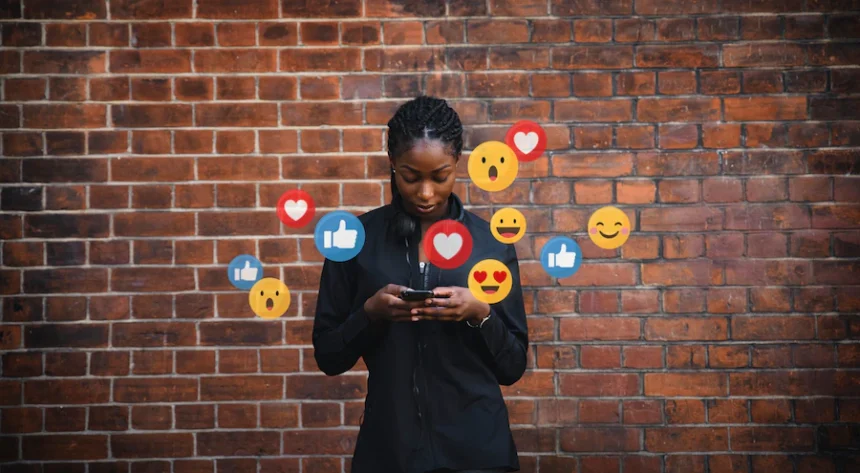Introduction
In recent years, the rise of social media has revolutionized the way people communicate, share information, and engage with one another. While these platforms offer numerous benefits, they also pose potential risks, particularly when it comes to the mental health of children and adolescents. In South Africa, where social media usage has skyrocketed, it is crucial to examine the impact of these digital platforms on the mental well-being of the country’s youth. This article explores the effects of social media on South African children’s mental health and discusses potential strategies for promoting a healthy relationship with these online platforms.
The Prevalence of Social Media in South Africa
South Africa is experiencing a significant growth in internet usage and mobile connectivity. As a result, social media platforms like Facebook, Instagram, Twitter, and WhatsApp have become an integral part of the daily lives of many South African children and teenagers. According to a 2021 report by We Are Social, approximately 59% of South Africa’s population are active social media users, with the majority falling in the 16-24 age group.
Negative Impact on Mental Health
While social media offers numerous benefits, such as facilitating communication, providing access to information, and fostering a sense of community, it also has a darker side that can impact the mental health of children. Here are some ways in which social media can negatively affect South African children’s well-being:
- Cyberbullying: Online harassment, cyberbullying, and social exclusion are prevalent on social media platforms. Children can become victims of bullying, leading to increased stress, anxiety, depression, and even suicidal ideation.
- Body Image Issues: The idealized and often unrealistic portrayal of beauty on social media can lead to body dissatisfaction and low self-esteem among South African children. Comparing themselves to filtered and edited images may contribute to the development of eating disorders and body dysmorphia.
- Sleep Disruptions: Excessive social media use, especially during nighttime, can disrupt sleep patterns, leading to poor sleep quality and subsequent mental health issues, including fatigue, irritability, and difficulty concentrating in school.
- Fear of Missing Out (FOMO): Social media exposes children to the highlights and accomplishments of their peers, creating a fear of missing out on experiences and events. This fear can lead to feelings of inadequacy, jealousy, and social isolation.
Promoting a Healthy Relationship with Social Media
Addressing the impact of social media on South African children’s mental health requires a multi-faceted approach involving parents, educators, policymakers, and social media companies. Here are some strategies that can help promote a healthier relationship with social media:
- Education and Awareness: Parents and educators should actively educate children about the potential risks of social media, including cyberbullying and the impact of idealized body images. Teaching digital literacy and critical thinking skills can help children navigate social media responsibly.
- Parental Guidance: Parents should engage in open and supportive conversations with their children about their social media use. Establishing clear rules and boundaries, such as limiting screen time and encouraging device-free activities, can help mitigate potential harm.
- Mental Health Support: Schools and communities should prioritize mental health support systems, including counseling services, to assist children in coping with the challenges they may face on social media platforms.
- Responsible Social Media Practices: Social media companies should take responsibility for creating safe and inclusive online environments for children. Implementing stricter age verification measures, promoting anti-cyberbullying campaigns, and providing mental health resources within platforms can contribute to a healthier social media experience.
Conclusion
Social media undoubtedly plays a significant role in the lives of South African children, providing both opportunities and risks to their mental health. While it is crucial to acknowledge the negative impact of social media, it is equally important to recognize its potential for positive influence. By promoting responsible usage, fostering open conversations, and providing adequate support systems, we can work towards ensuring that social media becomes a tool for empowerment and connection rather than a source of harm for South African children’s mental well-being.










